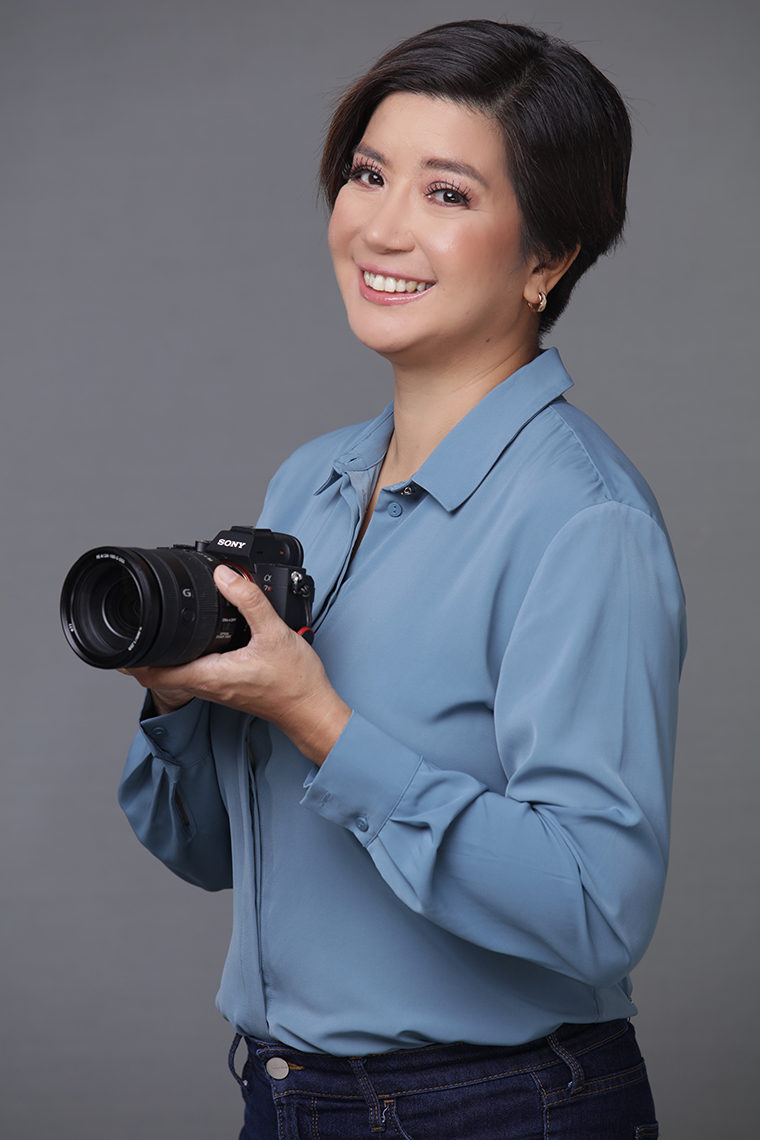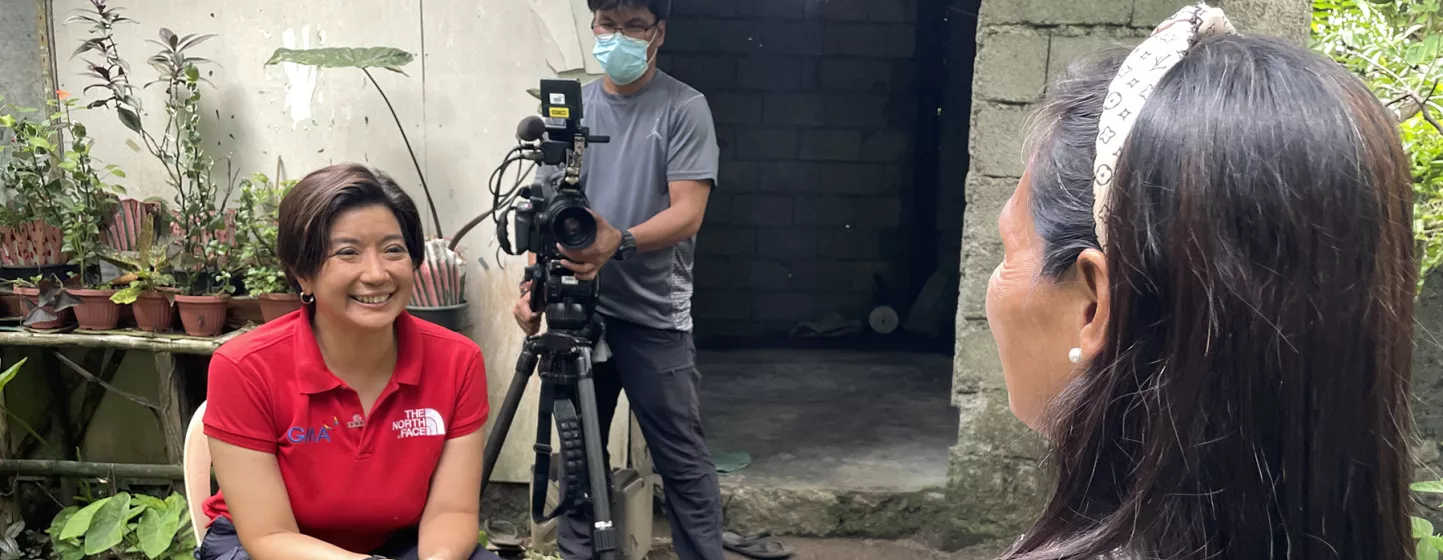Kara David: the face of community journalism
Kara David, 51, is a household name in her native Philippines. Gifted at tackling life's injustices through her documentaries, CFI called on her to train journalists as part of the Media for One Health project. .
Nicknamed " Ma'am Kara " (Madame Kara, ed.), Kara Patria David - Cancio, known as Kara David, 51, is an impressive figure. As a journalist, speaker and teacher, her ability to reach out to others has made her a media personality, based in Manila in the Philippines. In her reports, she likes to put herself in the picture and always puts people first, dealing with difficult social issues.
She has been a guest star on the Global Media Arts (GMA) programmes Pinas Sarap (Philippine delicacies, ed.) since 2017, and I-Witness since 2001, and her expertise has earned her 22 international awards and more than 50 awards in her home country. To date, she has made over 200 documentaries.
Since 2022, she has also been head of the journalism department at the University of the Philippines Diliman. "The way in which Kara David tells a story that speaks of the daily lives of ordinary people and her ability to bring depth, through a human based approach, to the Media One Health project, will add value to the participants' training and equip them with the tools to spread the One Health* approach", explains Beng Ragon, journalist and director of media.Xchange, a public relations agency based in Metropolitan Manila, which is working with Kara David on the Media One Health project.
Born with a mission
Her father, Randy David, Professor Emeritus of Sociology at the University of the Philippines Diliman, chose her first name. Kara Patria means "beloved homeland" in Italian. A communications graduate from the University of the Philippines Diliman, she began working for the GMA network in 1995.
She was soon given the role of script supervisor and researcher. If she hadn't been a journalist, she would have liked to be a teacher of Philippine history. I want to use my skills and the media to express the feelings of the most oppressed and to change communities through education and compassion. Many medical problems, such as pandemics, stem from the way we interact with our environment and natural resources. If, as journalists, we tackle the facts in all their dimensions, we can make people more aware of the world we live in and make it more sustainable, says Kara David
She is also the head of a foundation, the Malasakit (the ability to feel the pain of others ed.) project, which supports the people she features in her documentaries. To date, the foundation has helped more than 800 families by providing the poorest children with access to school, food and medicines.
And to refresh her energy, Kara David practices sport. In particular cycling, to the point of winning first place, as a woman, in the 120-kilometre Mount Mayon Bike event, a race on Mount Mayon, a volcano in the Philippines, on 18 August 2024.

Portrait by Bérengère Merlot (Journalistes Médiateurs)
* The “One Health” approach invites us to think differently about health, recognising the interdependence of the wellbeing of humans, animals and the ecosystems they share on our one planet. It uses the close and interdependent links between these three facets to develop new methods for monitoring and preventing disease (source: World Health Organization).
